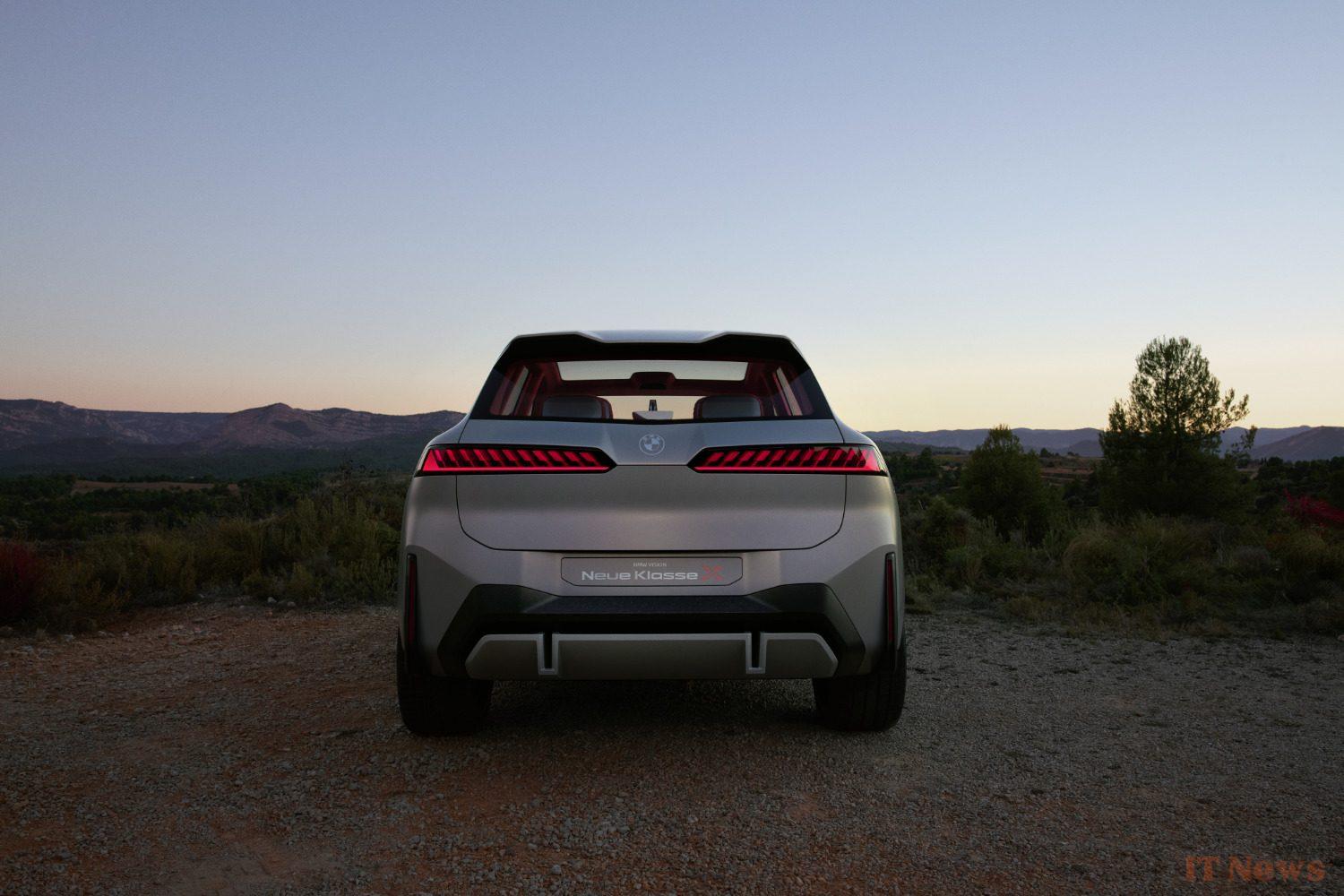In 2024, BMW sold a total of 368,475 electric cars worldwide, not including Mini and Rolls-Royce models. Sales figures up 13.5% year-on-year, with a new sales record in the United States.
On the other hand, its long-time rival, Mercedes, sold only 185,059 electric cars, a score just above that of Audi, with "more" than 164,000 units. Together, the two manufacturers combined for 349,059 sales, still below of BMW.
The figures are particularly impressive when comparing BMW to Volkswagen. The generalist brand, with its fairly comprehensive range of electric cars, sold 383,100 cars in 2024. With the help of Mini and Rolls-Royce, BMW even managed to overtake its competitor, with a total of 426,594 units sold.
Despite its success, BMW must improve its range
The success may seem surprising, given that the current generation of the BMW range suffers from 400-volt platforms with lower charging powers than its competitors. The brand's hopes rest on the next generation, Neue Klasse, which announces no fewer than six new electric models by 2026.
Among the first models to come, BMW customers will be entitled to a new i3 (sedan) and a new iX3 (SUV), whose proportions and prices will allow the brand to find large volumes. The ball will begin at the Munich Motor Show next September, for the iX3.
Mercedes, for its part, made a big splash a few days ago by unveiling its new CLA based on its new MMA platform. In addition to its EQS, the star brand will integrate a very efficient model, with a range of between 694 and 792 km, thanks to an 800-volt architecture and consumption between 12 and 14 kWh/100 km.
For Audi, the mood is less optimistic. It's a complicated period, with electric sales figures below expectations. With the Volkswagen group, layoffs are expected, and a factory closure in Brussels, Belgium (production site of the Q8 e-tron).
Source: InsideEVs



0 Comments